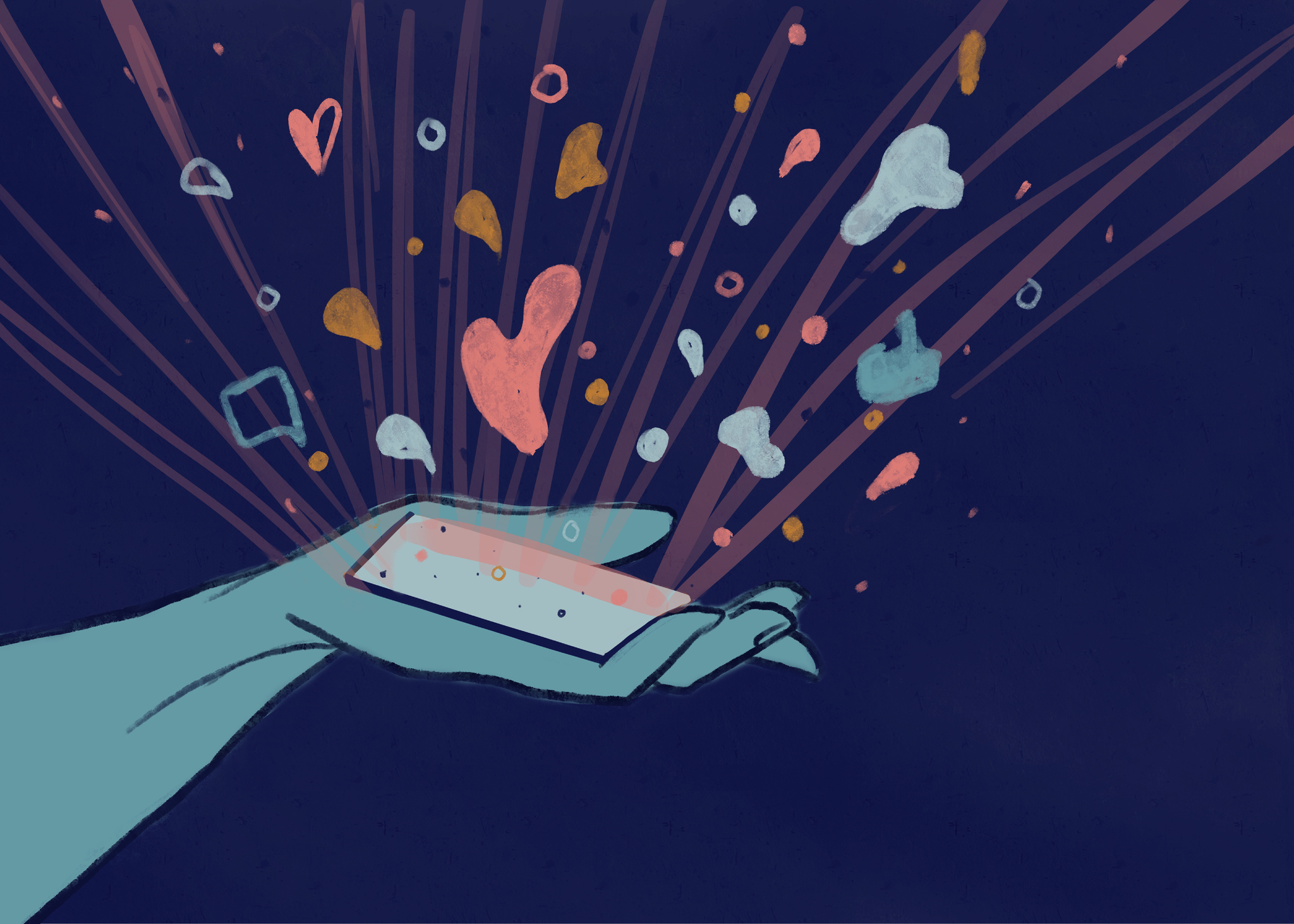For centuries, philosophers have noted that between stimulus and response there is a space, and within it lies the freedom to choose our actions. That space represents our agency and humanity—unlike other animals, we can be thoughtful and discerning instead of instinctively reacting. At the individual level, that space is crucial for mental health. Collectively, it’s what gives rise to civilization, allowing us to work together, compromise, and resolve disputes without violence.
I fear that space is collapsing. And if we don’t do something about it, the consequences will be dire.
[time-brightcove not-tgx=”true”]
When faced with change and disorder, most people go down one of two roads: They either respond or react. Responding, a spinoff of the word responsibility, is considerate and deliberate. Reacting, on the other hand, literally means to meet one action with another. It is immediate and rash. Responding creates more space between an event and what you do, or don’t do, about it. In that space, you give immediate emotions room to breathe, you gain a better understanding of what is happening, and you bring online your prefrontal cortex, the most evolved part of your brain. As such, you rarely regret responding. But you often regret reacting.
Plenty has been written about what you can do internally to cultivate responsiveness. For instance, one study showed how that affect labeling, or naming your emotions, helps create space between you and a difficult situation. Mindfulness meditation is also beneficial. But the external matters too. You can do all the affect labeling and meditation in the world, yet if you regularly inhabit reactive environments, it’s hard not to become a more reactive person. More and more of our environments are becoming decidedly reactive.
Read More: Extended Loneliness Can Make You More Vulnerable to Extremist Views
The communication theorist Marshall McLuhan famously began his 1964 book, Understanding Media, with the phrase “the medium is the message.” He went on to explain that “the personal and social consequences of any medium—that is, of any extension of ourselves—result from the new scale that is introduced into our affairs by each extension of ourselves.” In layperson’s terms: the more we use a given technology or inhabit a given environment, the more we come to resemble it in our actions, or in today’s day and age, our reactions.
I’ve experienced this firsthand. When I spend too much time on social media, I’m more likely to snap on my children, feel restless and frustrated, and my work—my ability to think deeply—deteriorates significantly. Yet I’m becoming increasingly concerned that it’s not just me and it’s not just social media, but our entire culture that is making us more reactive, essentially turning us into impulsive lab rats at a time when we need our humanity more than ever.
Our modern economy increasingly relies on capturing people’s attention. The incentives reward speed, flair, and outrage. Reactivity is a feature not a bug. The goal is to be first, to be extreme, and to capture as much gaze as possible. It’s why start-up companies pride themselves on “moving fast and breaking things.” It’s why social media quicky devolves into a toxic, tribal, and angry cesspool. It’s why the space for legitimate disagreement and discussion on college campuses seems to be shrinking by the day, giving way to hatred and vitriol instead. It’s how legacy media organizations make consequential errors in a rush to break news. And it’s how governments make brutal mistakes in highly-charged situations that leave so much devastation in their wake.
There are no silver bullet solutions, but explicitly naming and describing the problem is an important first step: Our culture and economy encourage reactivity; as a result, we’re becoming a more reactive people, precisely at a time when our most pressing challenges—war, pandemic, climate change, political dysfunction—require our utmost capacity to respond.
We can push back against mass reactivity by intentionally creating more responsive environments in our own lives. We can read print books or newspapers instead of the digital versions. We can go to the gym or take walks without our phones. We can set aside spaces to be device free. We can develop constraints for how much time we spend online, perhaps especially on social media. Institutionally, there ought to be processes in place to encourage a deliberate response even—and perhaps especially—when inertia is pushing for an immediate reaction.
If we are to have any chance at navigating our turbulent times, we must find ways to reclaim and preserve the space between stimulus and response, which is to say we must find ways to reclaim and preserve our humanity. Our collective future depends on it.
Adapted from Master of Change by Brad Stulberg and reprinted with permission from HarperOne, an imprint of HarperCollins Publishers. Copyright 2023.

